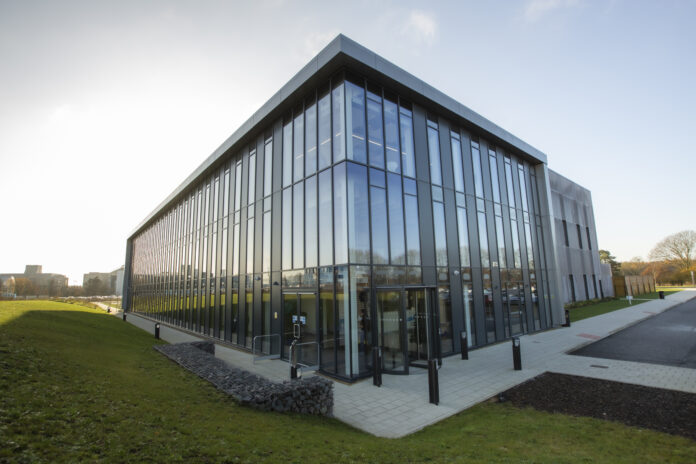
LONDON– Mytos, a biotechnology company specializing in automated cell manufacturing, has launched its first automated contract development and manufacturing organization (CDMO) to address one of regenerative medicine’s biggest challenges: scalable, low-cost production of stem cell-derived therapies.
The new facility, located within the Cell and Gene Therapy Catapult’s (CGT Catapult) Stevenage Manufacturing Innovation Centre, is expected to achieve clinical readiness by September 2026. Powered by Mytos’ proprietary iDEM™ automation technology, the site will initially be capable of producing up to 1,500 autologous doses or 25,000 allogeneic doses annually, with room for further capacity expansion. This marks the first of several global sites planned by Mytos to build the manufacturing infrastructure required to bring regenerative medicines to patients at scale.
“Regenerative medicine has extraordinary potential, but the cost and scalability of manual manufacture are barriers to reaching patients at scale,” said Ali Afshar, Ph.D., CEO and Co-Founder of Mytos. “With our automated iDEM-powered manufacturing sites, we’re addressing that challenge head-on. CGT Catapult’s expertise and status as a global cell and gene therapy innovation hub make this the ideal place to launch our first site and set a new standard for scaling regenerative medicines worldwide.”
Traditional stem cell manufacturing has long been limited by its manual, labor-intensive nature, requiring highly skilled operators and significant capital investment. Mytos’ automated CDMO aims to eliminate these constraints by offering a rapid, consistent, and cost-efficient path to scale. The iDEM™ system uses the same flask format as manual culture, simplifying technology transfer and providing immediate access to GMP-ready capacity without the infrastructure costs or delays typical of traditional outsourcing.
The CGT Catapult’s Stevenage site was selected for its established track record and expertise in advanced therapy manufacturing. To date, companies operating within the facility have released more than 200 patient batches, with over 40 percent shipped to the United States. CGT Catapult will collaborate closely with Mytos to validate and integrate its automation technology in a GMP-simulated environment before full GMP implementation, helping de-risk the company’s transition into a commercial CDMO.
“We are very pleased to host Mytos’ first CDMO facility at our Manufacturing Innovation Centre,” said Matthew Durdy, Chief Executive of the Cell and Gene Therapy Catapult. “Mytos’ automation technology represents an important step forward in addressing the scalability and cost challenges of regenerative medicine manufacturing. By combining their innovative platform and manufacturing team with our infrastructure and expertise, we can help accelerate the delivery of advanced therapies to patients around the world.”
To support its CDMO strategy, Mytos has expanded its leadership team with several key appointments. David DiGiusto, Ph.D., former CTO of Semma Therapeutics and Resilience, has joined as an advisor; Barry Oliver, former VP of Global Cell & Gene Therapy Quality at Catalent, has been named interim Head of Quality; and Felix Quagiarello, formerly Director of Business Development at Cellares, joins as Senior Director of Business Development.
“Automated manufacturing is essential for successful commercialization of regenerative medicine products,” said Dr. DiGiusto. “I’ve seen firsthand how difficult it is to scale cell therapies using manual processes. Mytos’ approach has the potential to define manufacturing standards by delivering consistent, low-cost batches at the scale needed to reach patients globally. I’m thrilled to join this team as they work with focus and urgency to solve one of regenerative medicine’s greatest bottlenecks.”
The launch of Mytos’ automated CDMO marks a major step forward in the company’s mission to make regenerative medicine more accessible, affordable, and scalable worldwide.

